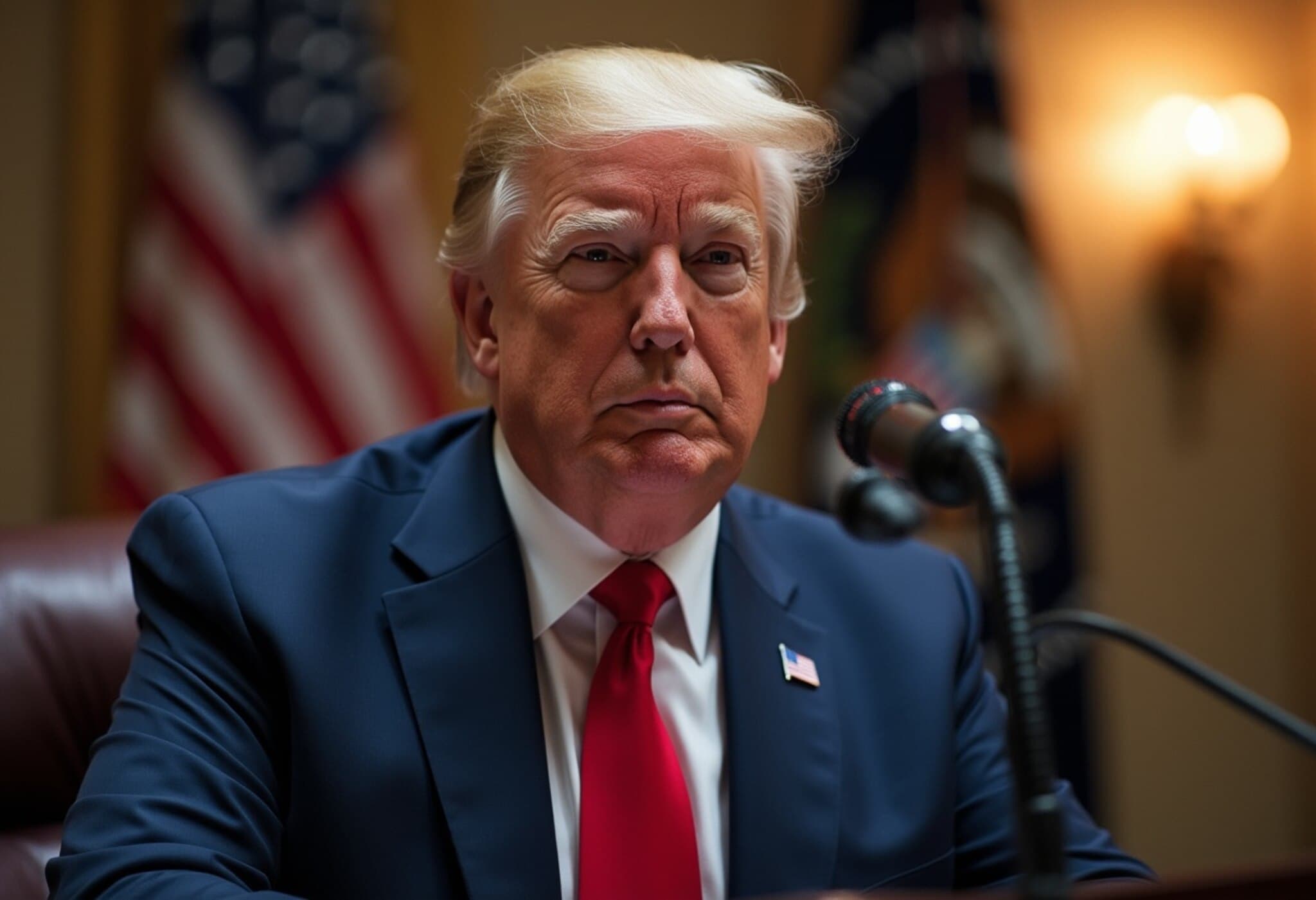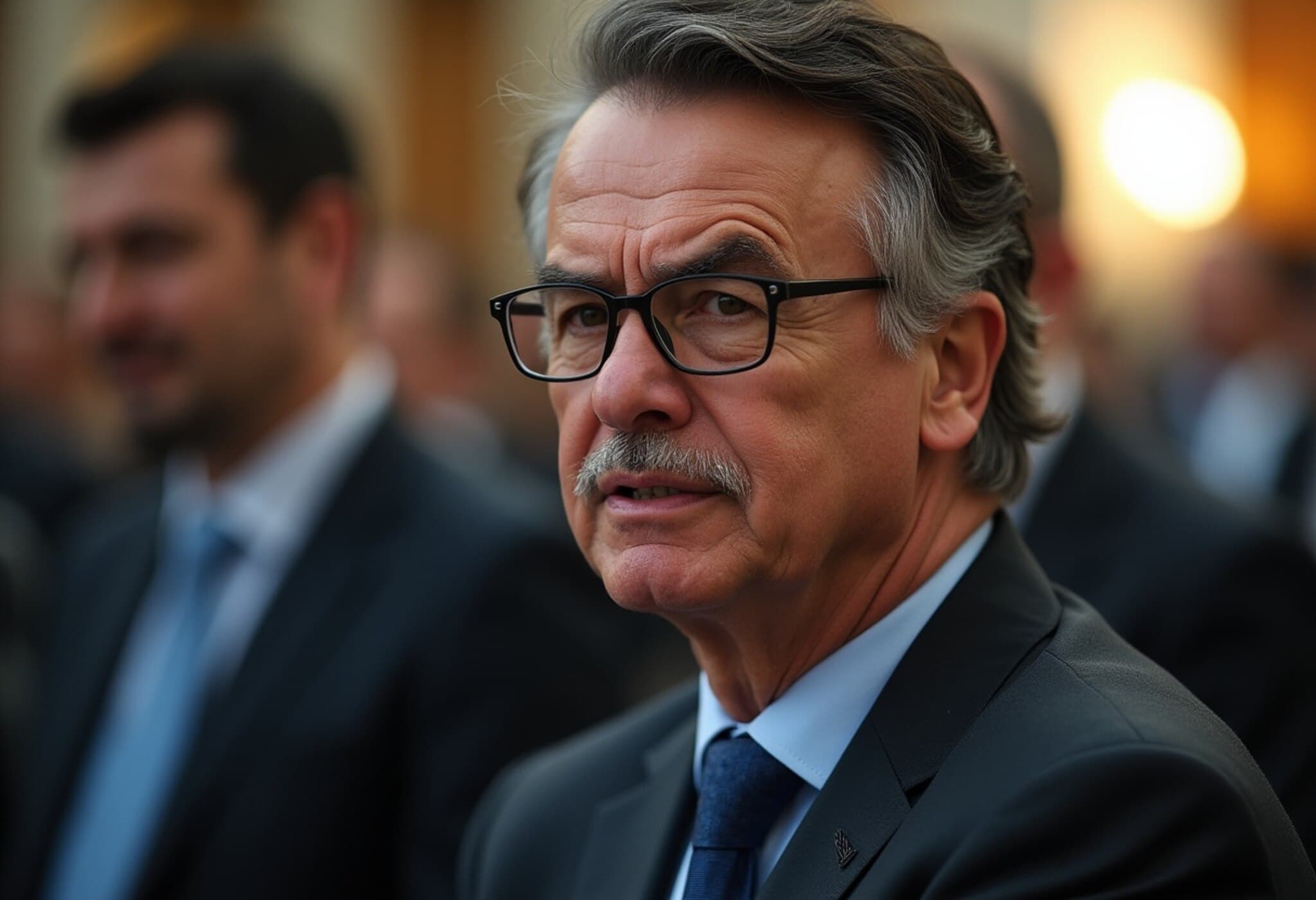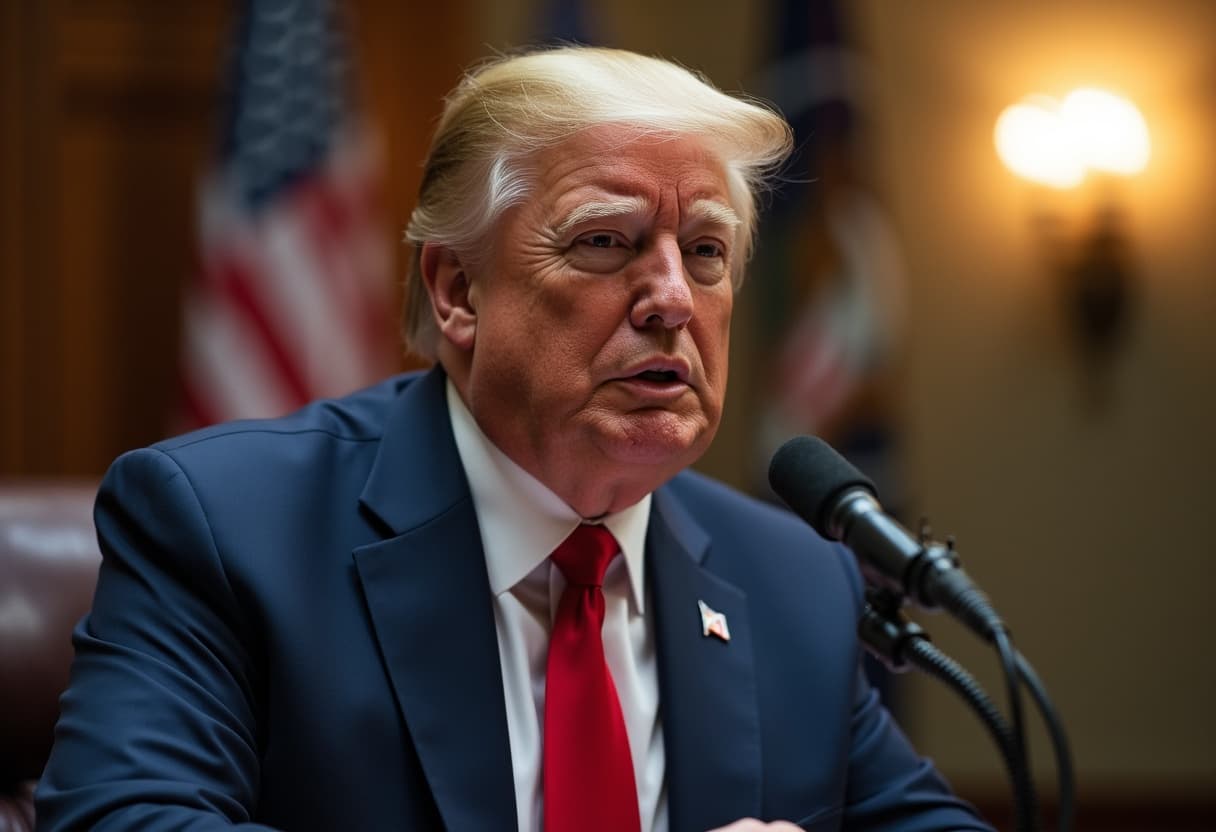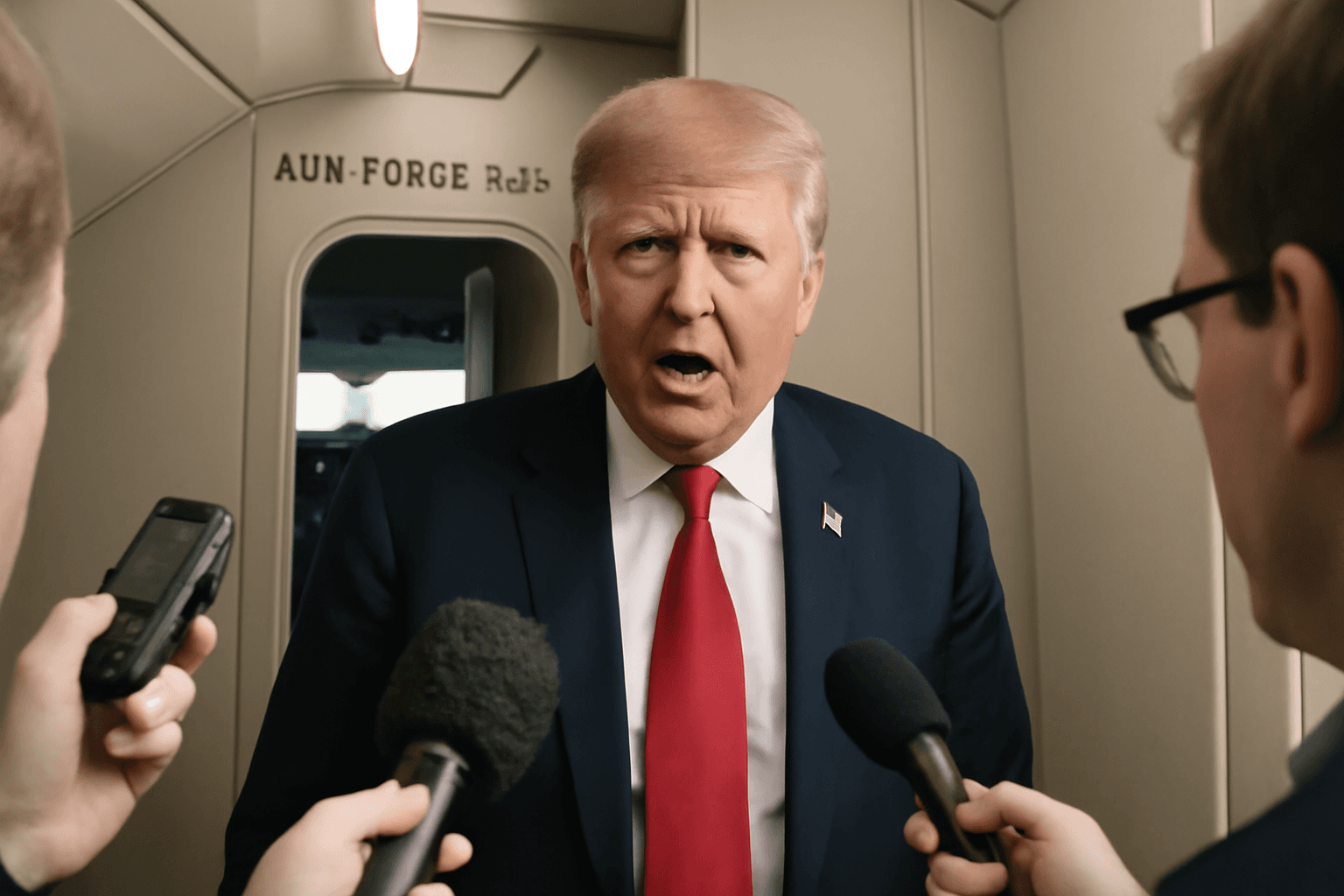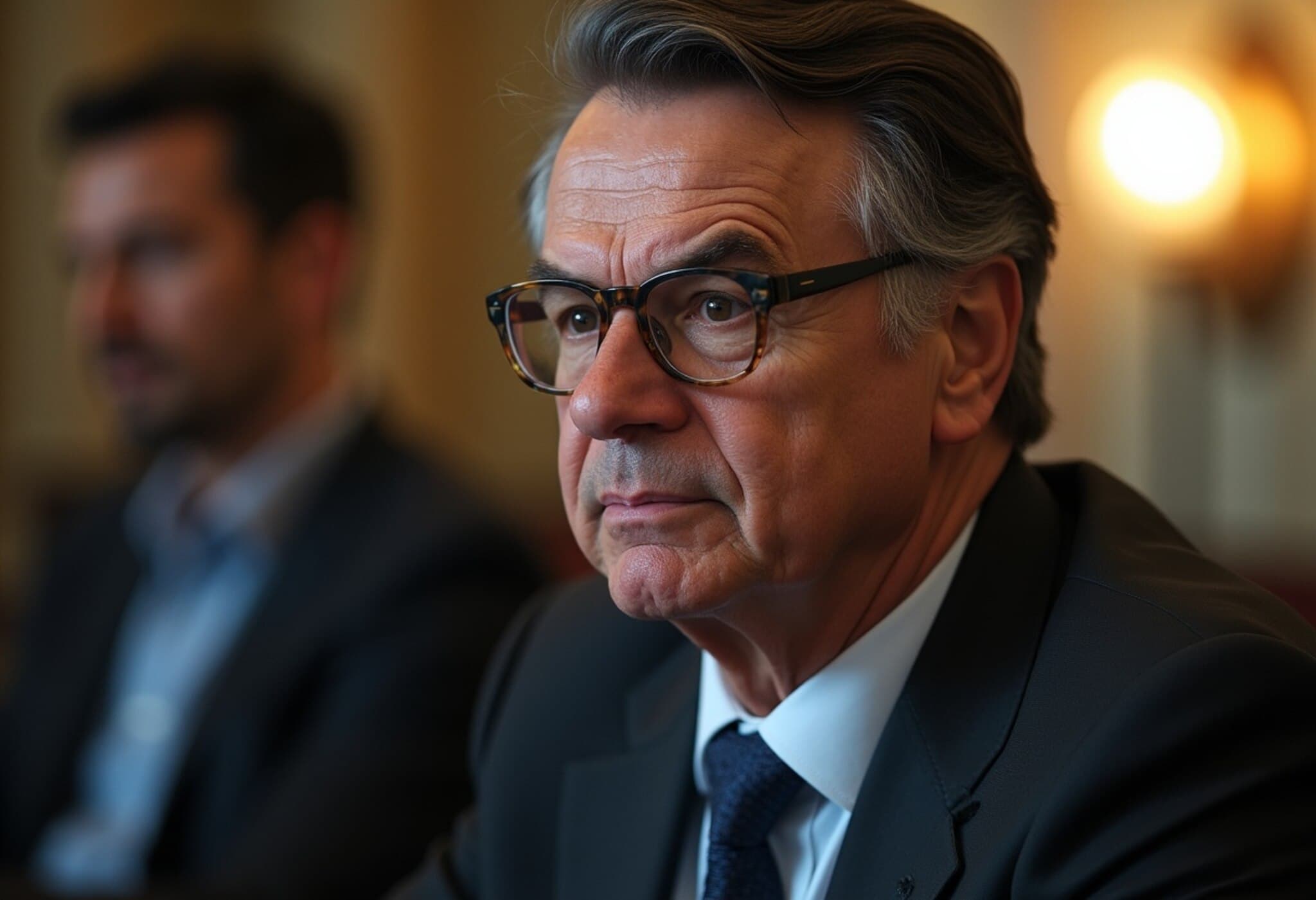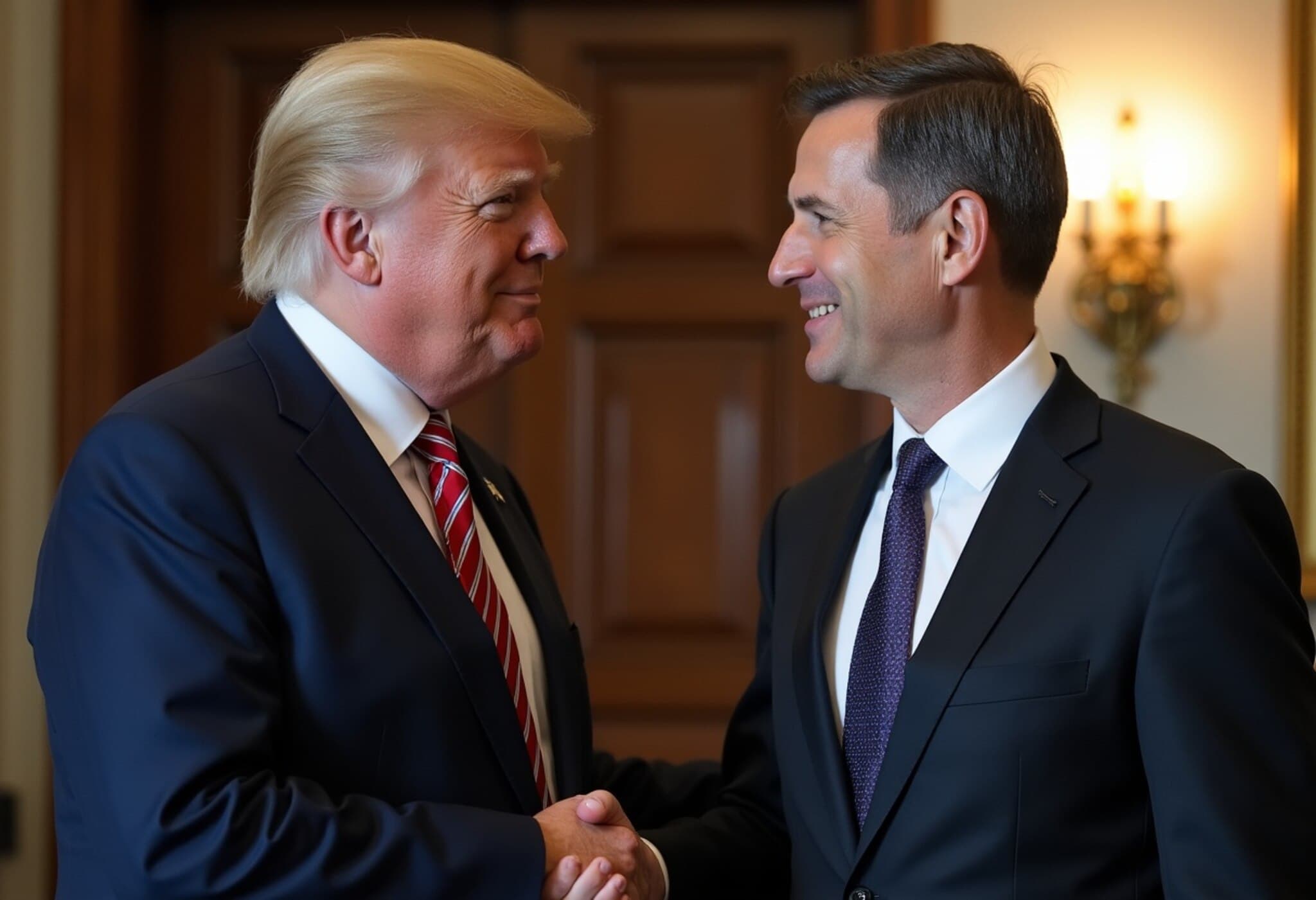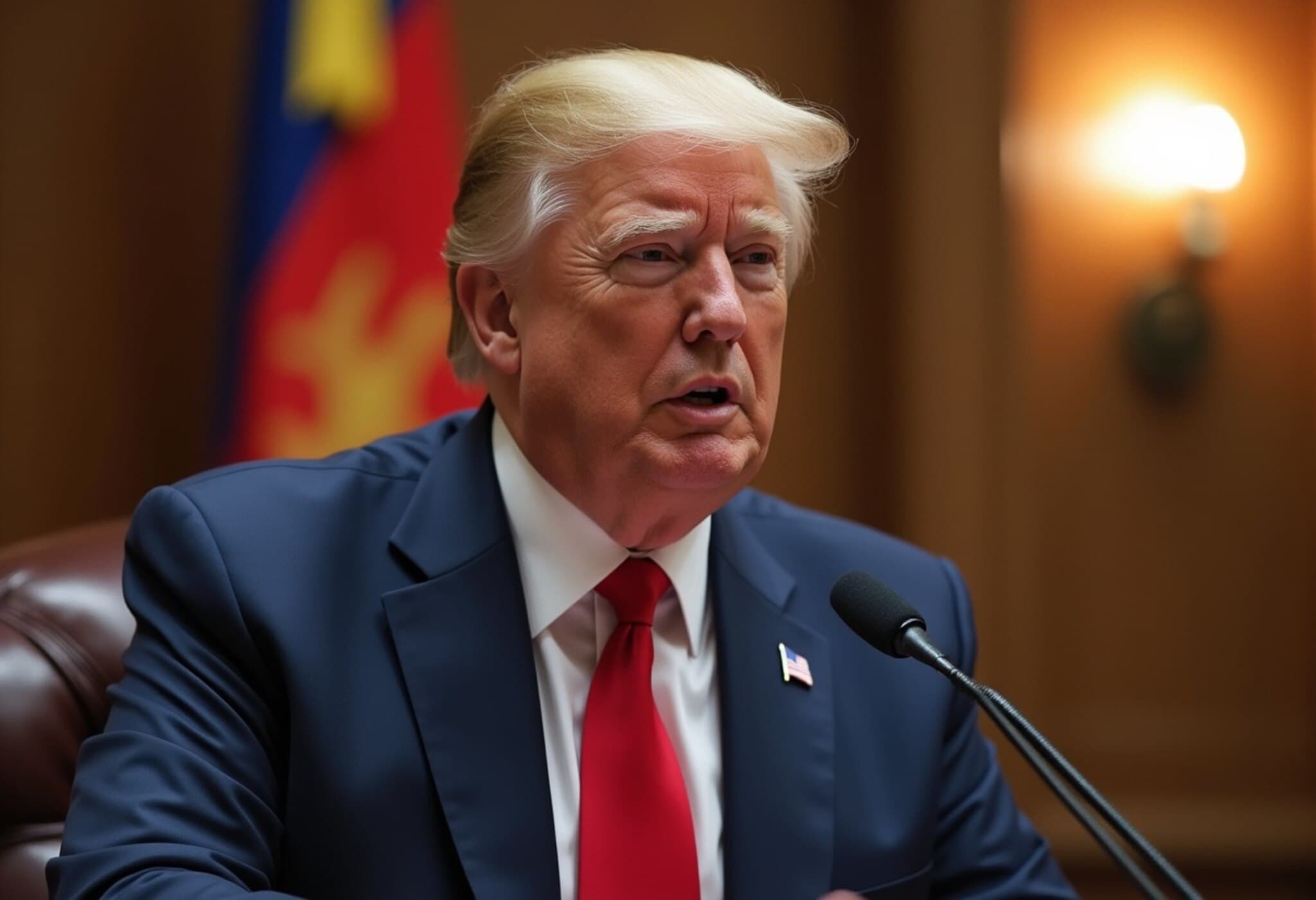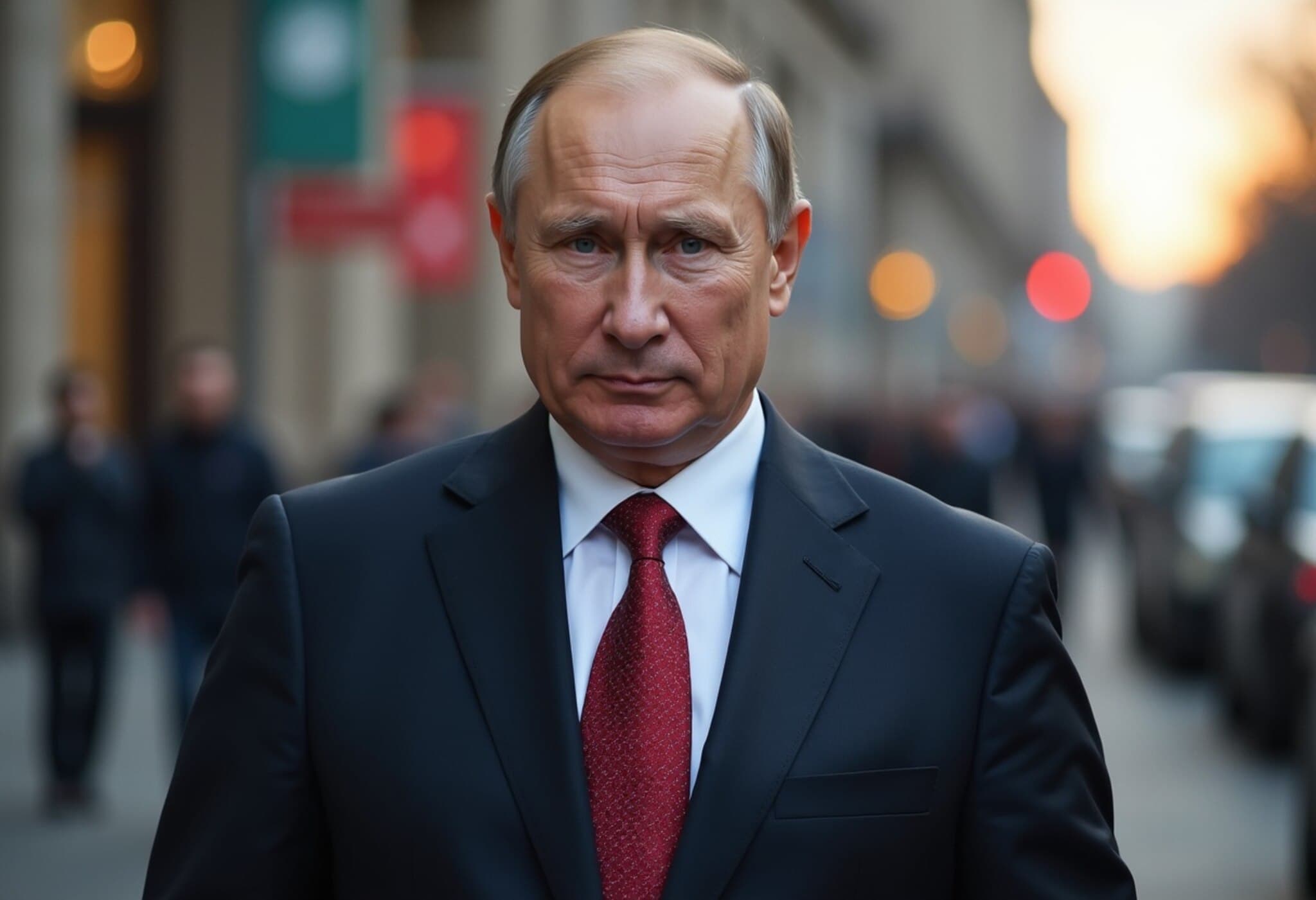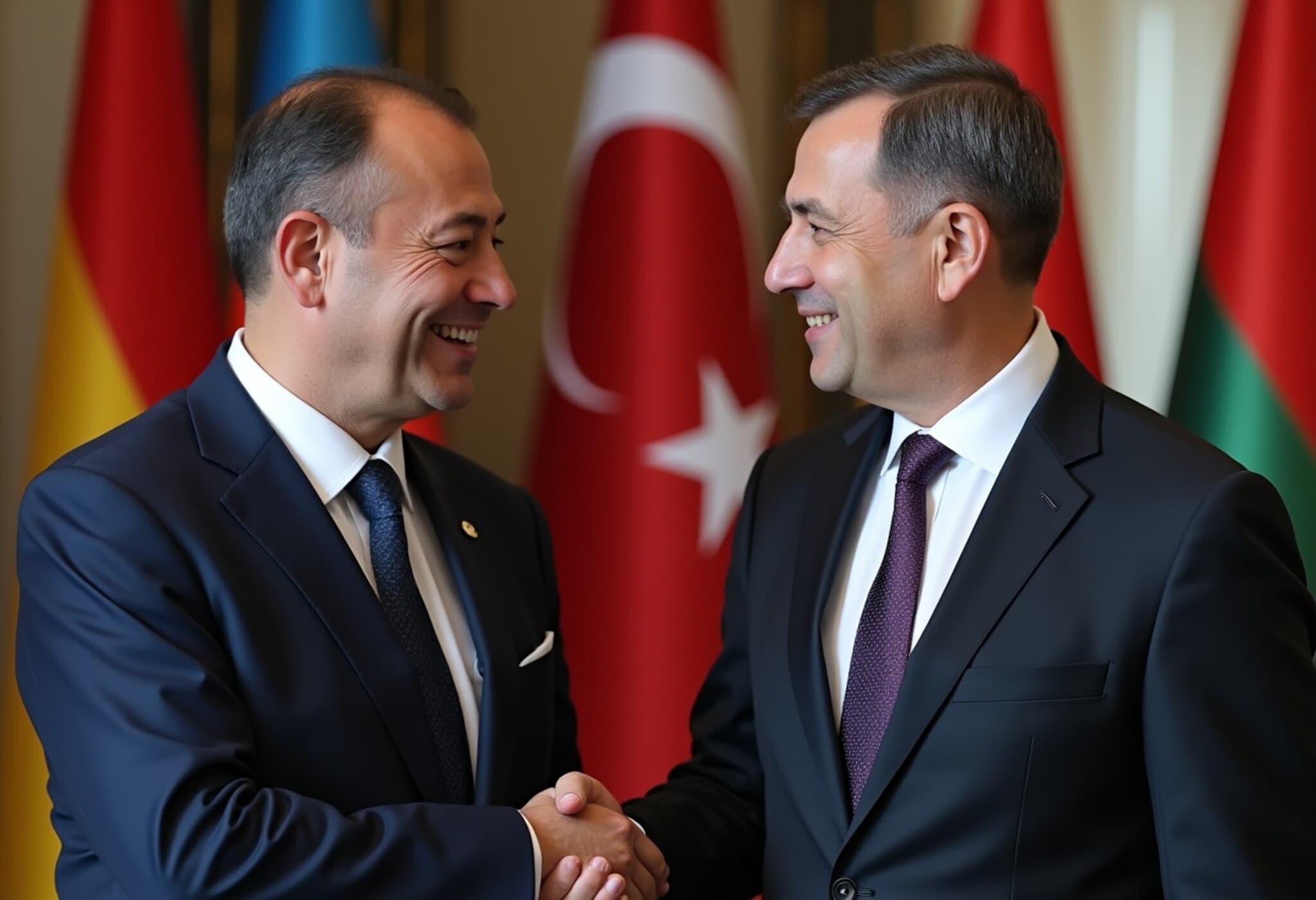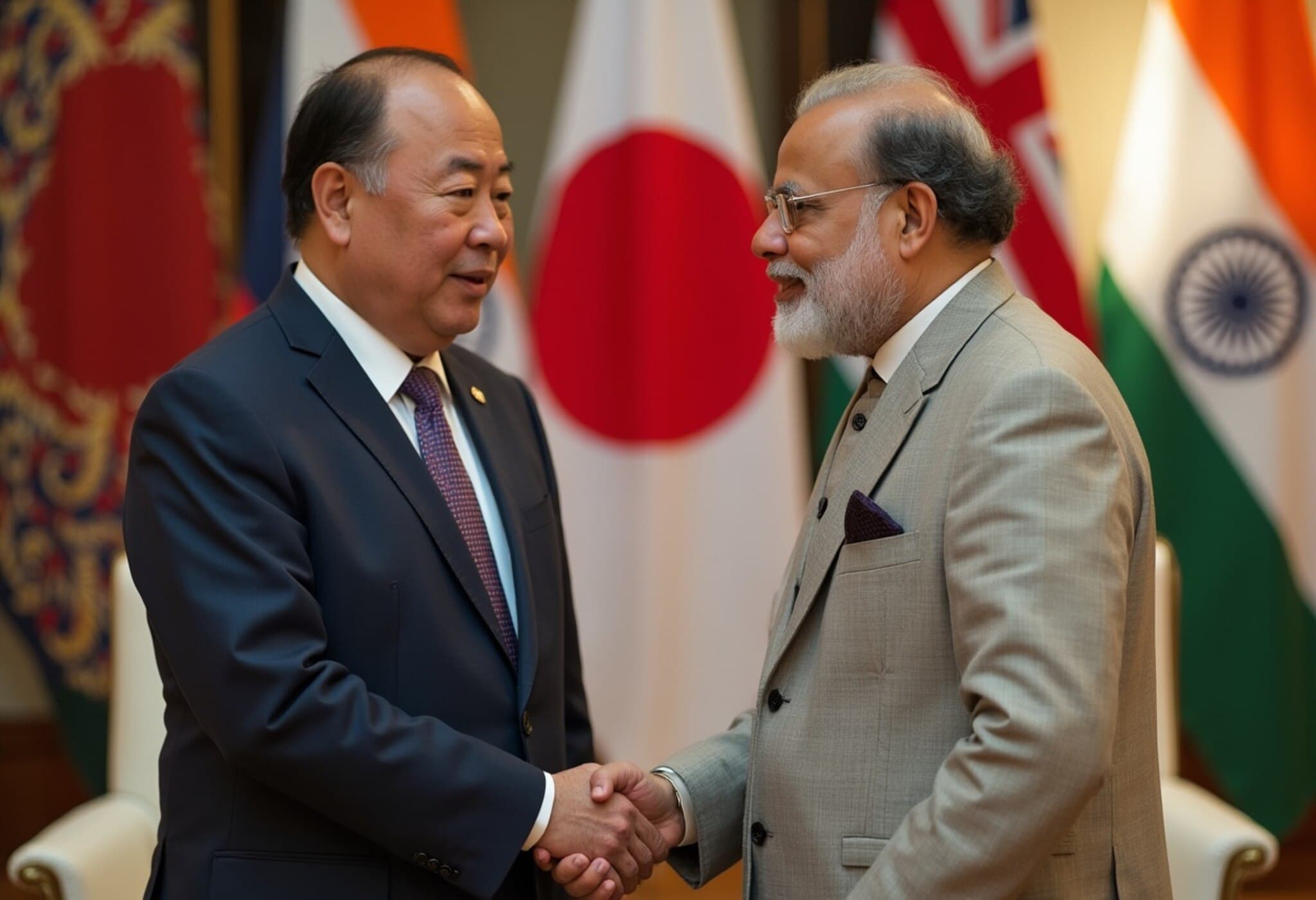Unpacking Trump’s Persistent Nobel Peace Prize Pursuit
Since before his presidency and throughout both terms, former U.S. President Donald Trump has harbored a persistent ambition: to earn the coveted Nobel Peace Prize. Despite a political landscape that dramatically shifted around him, this aspiration has been a constant, often punctuated by bold claims of peacebroker achievements. Yet, as international conflicts persist and skepticism grows, the question remains—why does Trump’s Nobel chase feel more like a pipe dream?
The Rocky Road to Nobel Recognition: Six Key Challenges
As the world watches ongoing crises unfold, Trump’s leadership and diplomacy face several critical hurdles undermining his Nobel prospects. Here are six reasons why his dream is still far from fruition:
1. Diplomatic Deadlocks and Escalated Conflicts
The much-publicized Alaska summit aimed at easing tensions between Russia and Ukraine quickly turned into a missed opportunity. Rather than paving a path to peace, it unraveled into a diplomatic stalemate that coincided with intensified military actions. Both conflict zones remain volatile, with no clear progress toward ceasing hostilities—making peace under Trump’s watch elusive.
2. Absence of Genuine Compromise Between Key Players
Neither President Vladimir Putin nor Ukrainian President Volodymyr Zelenskyy have shown readiness to accept a Trump-proposed resolution. While they initially welcomed discussions, each side accuses the other of undermining peace efforts. Putin’s demands have largely amounted to ultimatums rather than conciliatory offers, which Ukraine categorically rejects, rendering diplomatic breakthroughs unattainable.
3. Questionable Peace Claims Erode Credibility
Trump has often been criticized for overinflating his diplomatic successes. His assertion of brokering a ceasefire between India and Pakistan was publicly denied by Indian officials, although it found some resonance within Pakistan's political narrative. Such discrepancies raise questions about the authenticity of his peace-making persona, which is an essential credential for any Nobel hopeful.
4. Questioning Previous Diplomatic Wins
Supporters point to the Abraham Accords as Trump’s signature diplomatic accomplishment, yet experts highlight these agreements mainly formalized warming ties rather than resolving deep-seated conflicts or ongoing wars. Contrastingly, his inability to stem the devastating Gaza conflict underscores the limitations of his approach in truly transformative peacemaking on life-or-death issues.
5. Prioritizing Optics Over Substantive Outcomes
Trump’s public diplomacy often hinged on high-profile events with little concrete progress, such as imposing deadline-driven ultimatums that were later withdrawn without delivering tangible peace. This approach boosted media attention but failed to cultivate lasting agreements. Furthermore, his aggressive trade policies strained long-standing international alliances, prompting rare criticisms from global powers like China, which warned that U.S. actions risk undermining global stability.
6. The Reality Check: Complex Conflicts Resist Quick Fixes
In interviews, Trump has expressed a personal desire to be remembered for saving thousands of lives weekly, tying his Nobel hopes to this humanitarian aspiration. Yet the entrenched nature of today’s conflicts—particularly Russia-Ukraine—prevents simplistic or symbolic resolutions. Both nations are far from seeking superficial diplomatic gestures, leaving Trump's narrative vulnerable to accusations of illusion and overreach.
Expert Insights: What This Means for American and Global Diplomacy
From a policy perspective, the pursuit of the Nobel Peace Prize entails more than grandstanding; it demands sustained, nuanced engagement with multifaceted conflicts. The Trump administration’s style, marked by spectacle and often unilateral decisions, contrasts with the quiet, patient diplomacy typically rewarded on the Nobel stage.
Moreover, in the current geopolitical landscape, U.S. credibility hinges on demonstrable success in conflict resolution rather than claims alone. American leadership is under intense scrutiny as the country navigates not just war puzzles but economic and diplomatic tensions worldwide. This case serves as a poignant reminder that peace is not a prize conferred by rhetoric but by lasting impact—a standard still unmet in Trump’s Nobel ambitions.
Conclusion: Beyond the Prize – The Complex Path to Peace
While ambitious peace awards like the Nobel Peace Prize can elevate leaders, they also set a high bar reflecting genuine, lasting contributions to global harmony. Donald Trump’s quest highlights the intricate dance of international diplomacy and the challenges of aligning ambition with measurable results.
Editor’s Note:
Trump’s Nobel ambitions illuminate not just personal aspirations but broader questions around how peace is defined and achieved in a fractured world. As conflicts endure and new crises emerge, observers must consider: Can rapid diplomacy solve deeply rooted wars? Or does sustainable peace demand a different approach—one centered on collaboration, patience, and humility? The answer holds implications far beyond any prize.

